In a constantly evolving world, which the automotive industry could not fail to keep up with, innovation is increasingly one of the main keys to success as one of its most technological branches. The use of Artificial Intelligence (AI) is making a remarkable impact as an evolutionary leap, transforming the way vehicles are designed or even produced – but also the way we interact with them. Hand in hand with AI comes Chat GPT, both gradually infiltrating the future of the automobile (or the automobile of the future…), providing numerous benefits for brands, but also for drivers, in this new phase of the automobile’s life, now commonly referred to as mobility.
As we witness the evolution of AI, a deeper integration of it into vehicles is expected, which corresponds in an integrated and natural way to the needs of users. AI is contributing to making vehicles safer, more efficient, and more personalized in interaction, and also capable of providing transformative and increasingly avant-garde driving experiences.
Chat GPT, a powerful language model, plays a fundamental role in creating intelligent interfaces on board vehicles, and in communication/interaction with smartphones. One of the biggest applications of AI in the automotive industry is related to driver assistance, which extends from collision detection to autonomous driving, closely related elements. These new advanced systems can monitor the environment, alert to potential dangers, and even take control of the action on the road in emergency situations.
As technology advances, it is likely (guaranteed…) that more car manufacturers will explore the possibilities of Artificial Intelligence, further enhancing the driver’s experience and the efficiency of vehicles. For now, these are the manufacturers that have already taken the first steps in integrating AI technologies, with elements already leading driving experiences and active safety assistance, as well as interacting in infotainment platforms and even… in marketing!
Tesla – Customer Assistance and Integration in Autonomous Vehicles
Tesla is widely known for its innovations in electric vehicles and autonomous driving systems. The American company has been using Chat GPT to enhance its customer assistance system, allowing Tesla owners to obtain quick and effective answers to their questions through voice recognition. Furthermore, Tesla is the brand that is most rapidly integrating AI algorithms in the development of autonomous driving technology, enhancing the interaction between the vehicle and the driver.
General Motors – Design and Engineering
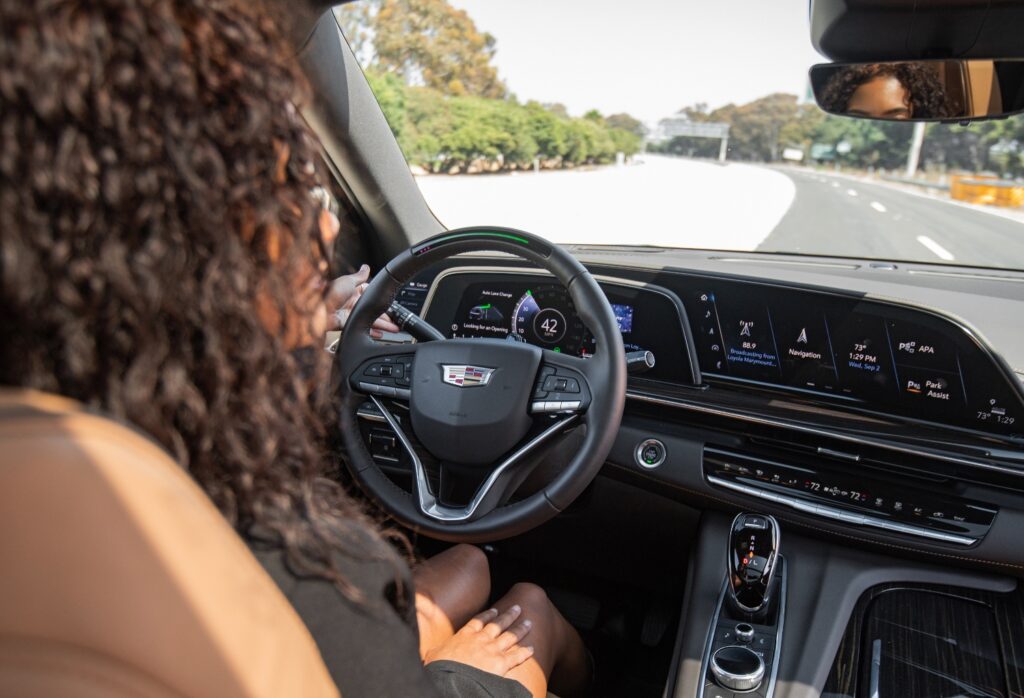
General Motors (GM) has been using AI, including the GPT Chat, in design and engineering processes. AI helps accelerate development and reduce the time it takes for new models to reach production lines, optimizing body design and conception solutions, studying specifications for each model, as well as identifying possible improvements in fuel efficiency and safety.
Ford – Personalized Marketing and Advertising
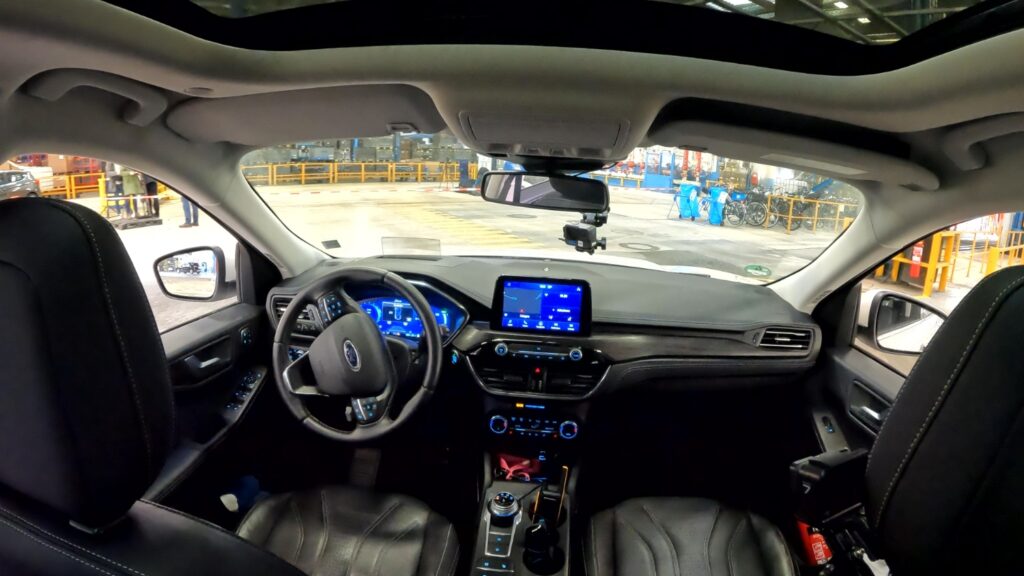
Proving that GPT Chat is a powerful tool with almost infinite potential, Ford has been exploring other sides of the technology, using Artificial Intelligence to personalize marketing and advertising campaigns. AI analyzes customer data and is capable of generating personalized content, offering targeted and relevant ads to potential buyers of the blue oval brand vehicles.

BMW – Driver Assistance Integration
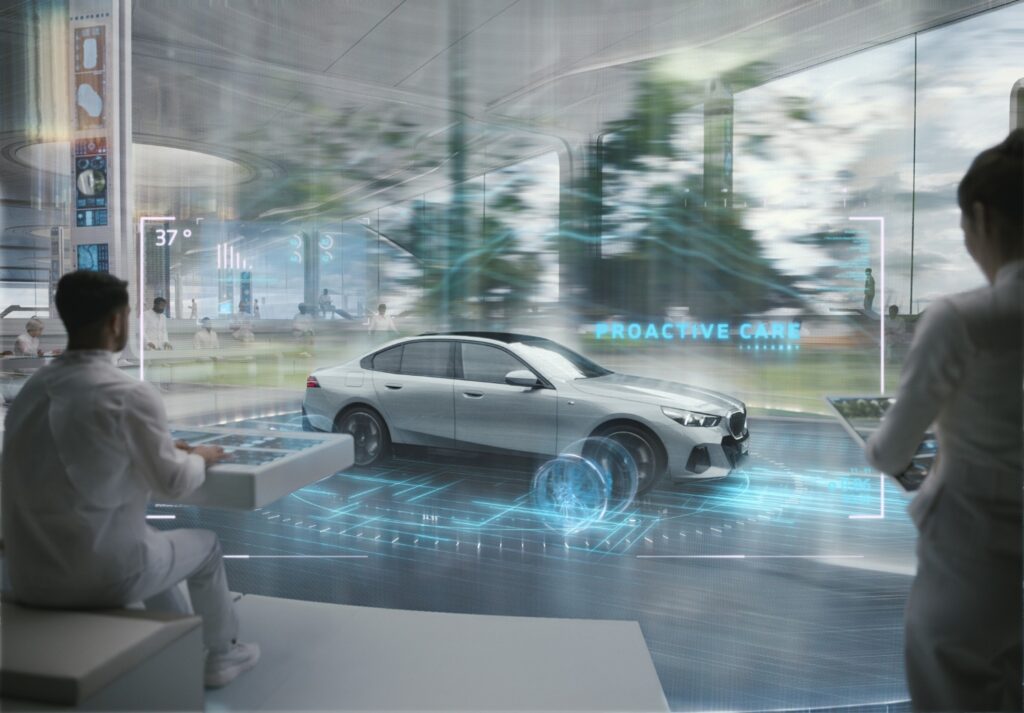
BMW has been using AI, including the GPT Chat, to improve the integration of its driver assistance systems. This includes enhancing autonomous driving capabilities and automatic parking systems, making BMW models safer and easier to use.
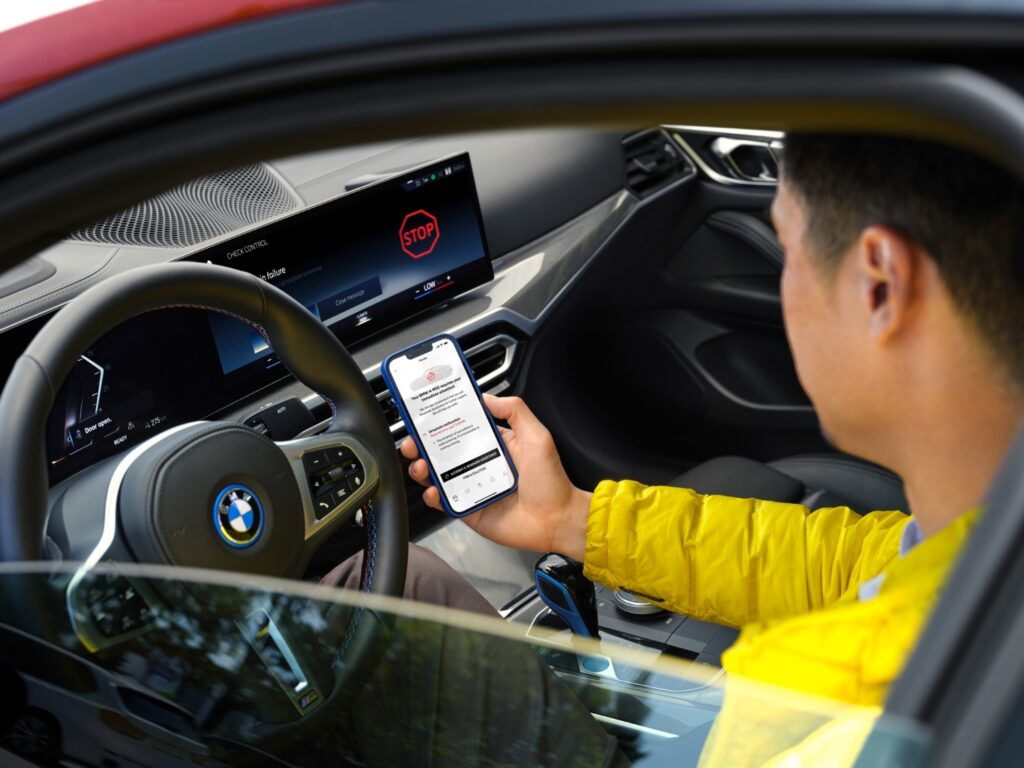

Mercedes-Benz – Driver Support and Connectivity
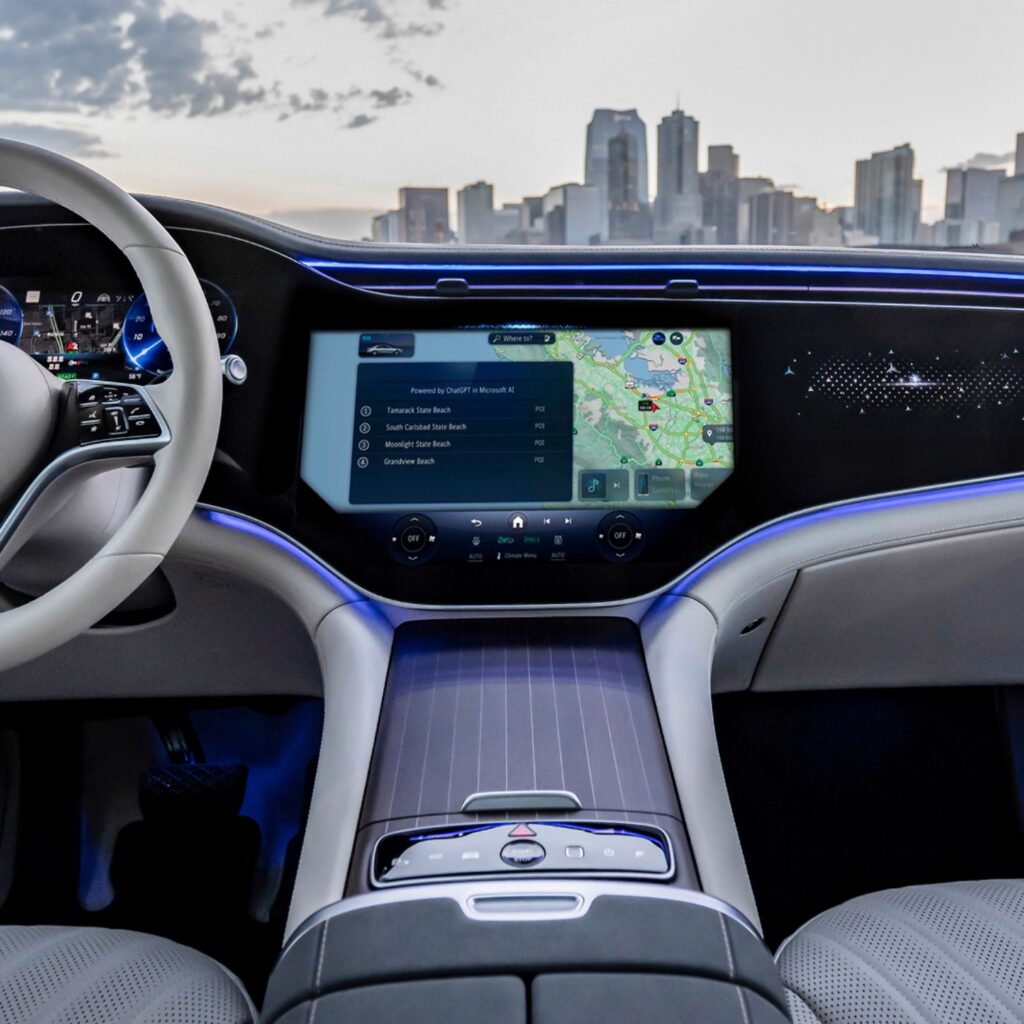
Mercedes-Benz has incorporated GPT Chat into its infotainment systems, improving interaction and understanding of functions through voice commands, which not only makes the onboard experience more cutting-edge but also allows the driver to maintain attention and focus on the road.
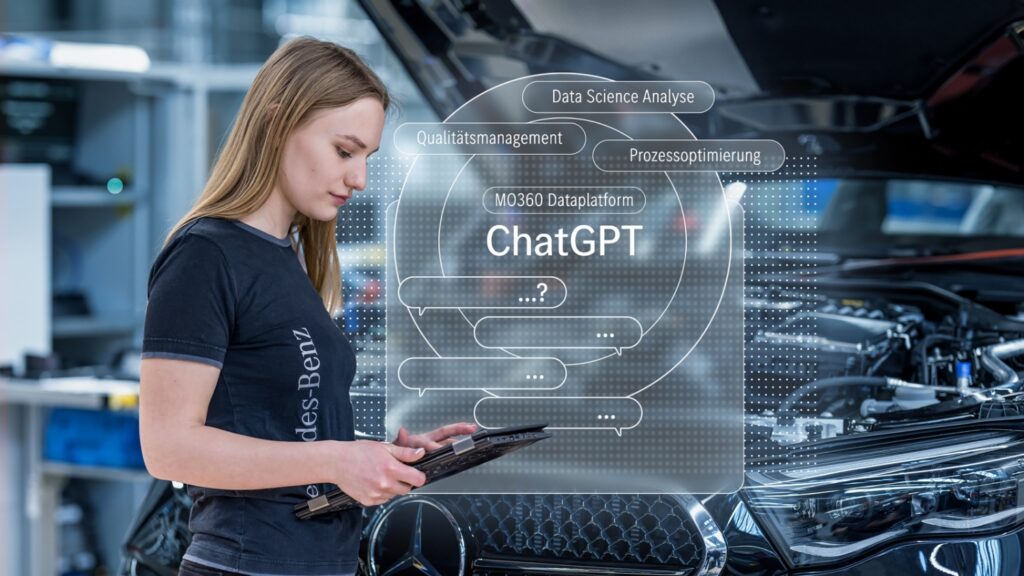
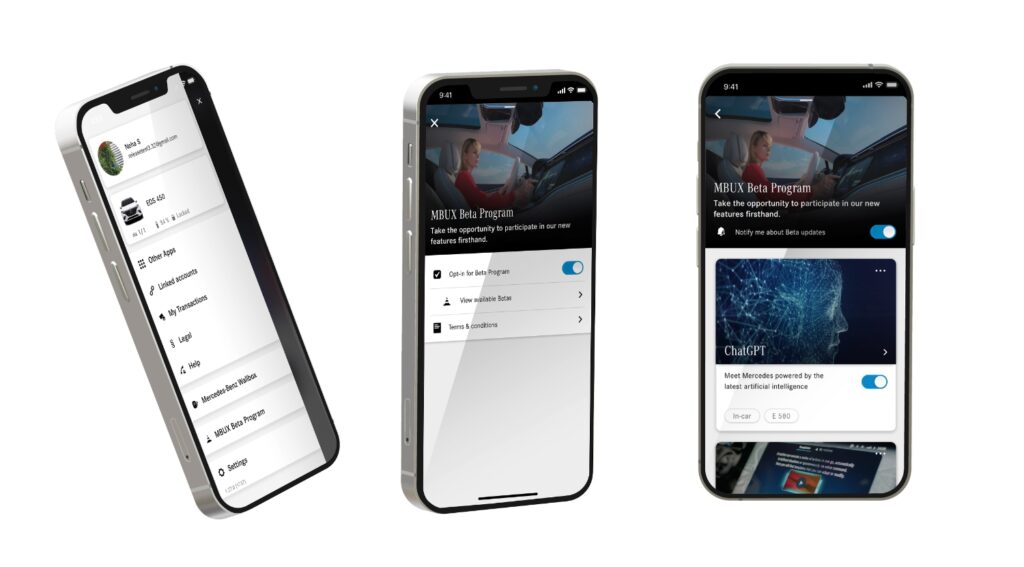
At Mercedes, the application of AI extends to learning about the driver’s preferences, such as the position of the (electric) seat, the temperature of the climate control, or preferred radio stations. In addition, AI contributes to improving connectivity between the vehicle and external devices, such as smartphones.







